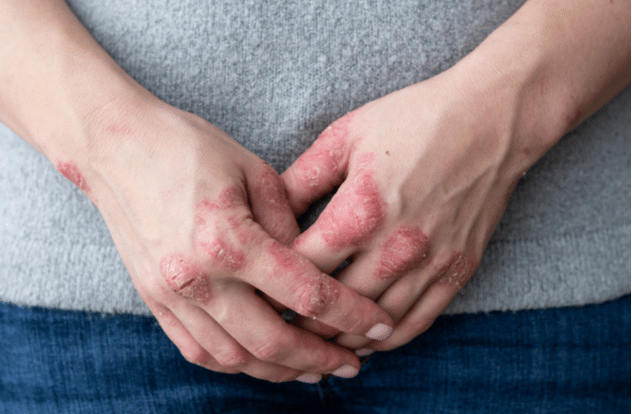Symptoms of eczema vs. psoriasis

Eczema and psoriasis are both skin conditions that can cause red, itchy, and inflamed skin. However, there are some key differences between the two conditions. By knowing the difference, you can have a better understanding of what you need to do to manage and treat these conditions. At the Dermatology Treatment and Research Center of Dallas, TX, you can learn more about both eczema and psoriasis to know what to look for when getting a definitive diagnosis from a medical professional in the community.
Comparing eczema vs. psoriasis
- Eczema is more common in children while psoriasis is more common in adults.
- Eczema usually appears as patches of dry skin, whereas psoriasis typically causes raised, scaly plaques.
- Eczema is often triggered by allergies or irritants while psoriasis is thought to be caused by an overactive immune system.
- Eczema is managed with topical ointments that may or may not be prescription, while psoriasis is better treated with laser and light-based therapies.
Symptoms of eczema
In getting a proper diagnosis, patients will want to pay close attention to the symptoms they have to determine which is which. The more common symptoms of eczema include:
- Dry, itchy skin
- Red, inflamed skin
- Rashes that can appear on the face, neck, hands, and feet
- Blisters that ooze and crust over
Symptoms of psoriasis
Like eczema, patients will want to be aware of the symptoms they experience. With psoriasis, these symptoms might include:
- Scaly plaques that are often white or silver in color
- Plaques that are raised up from the skin surface
- Itching and burning sensations
- Painful rash
Schedule an evaluation at the Dermatology Treatment and Research Center
If you're not sure whether you have eczema or psoriasis, your best bet is to see a doctor or dermatologist. They will be able to provide a definitive diagnosis based on your symptoms and the appearance of the patches on the skin. At the Dermatology Treatment and Research Center of Dallas, TX, we take time to educate our patients on their condition and provide them with reliable ways to address them. We encourage you to book an appointment at our practice to speak with Dr. Radusky to learn more. Call 972-661-2729 to request a visit.